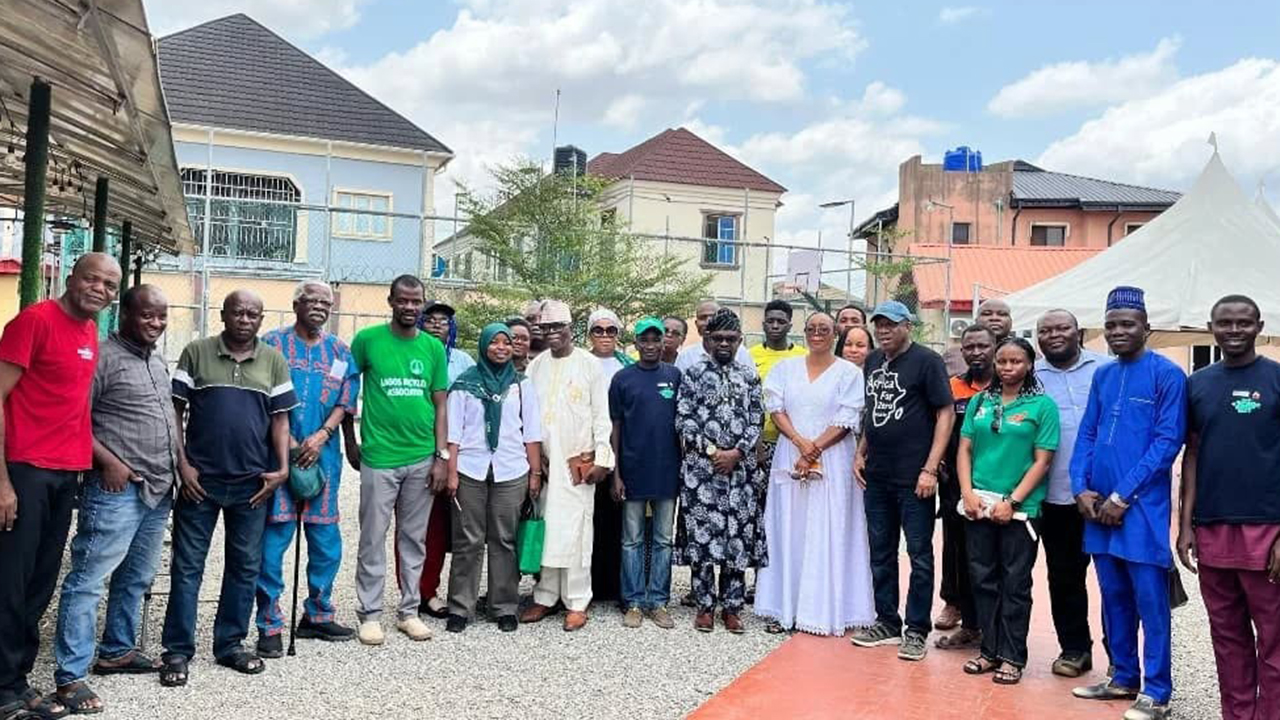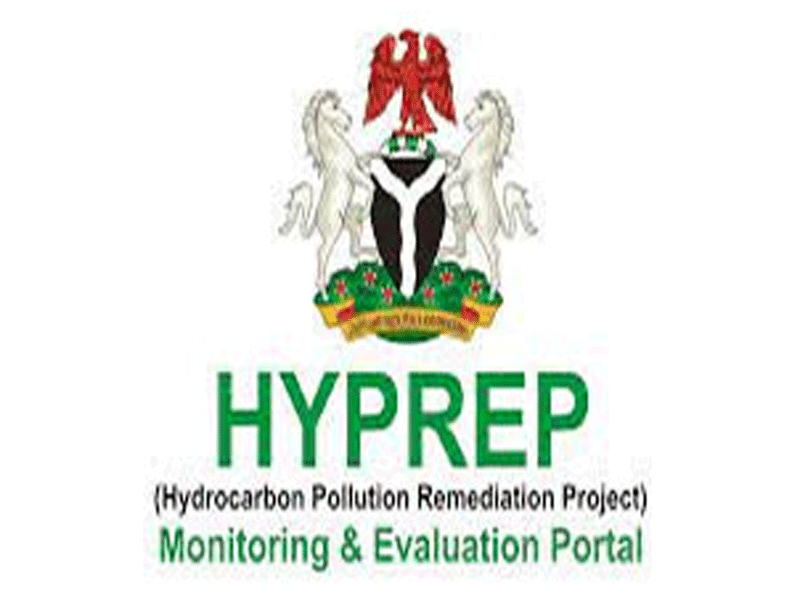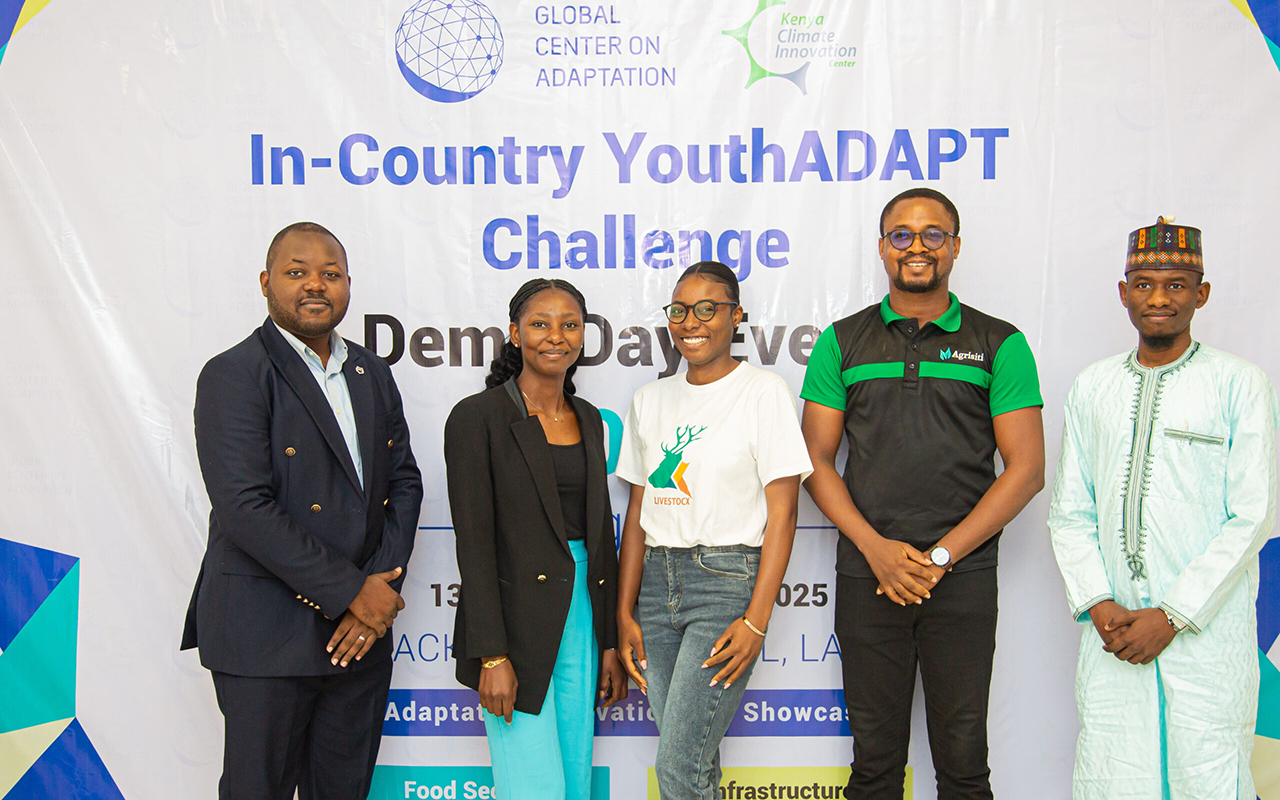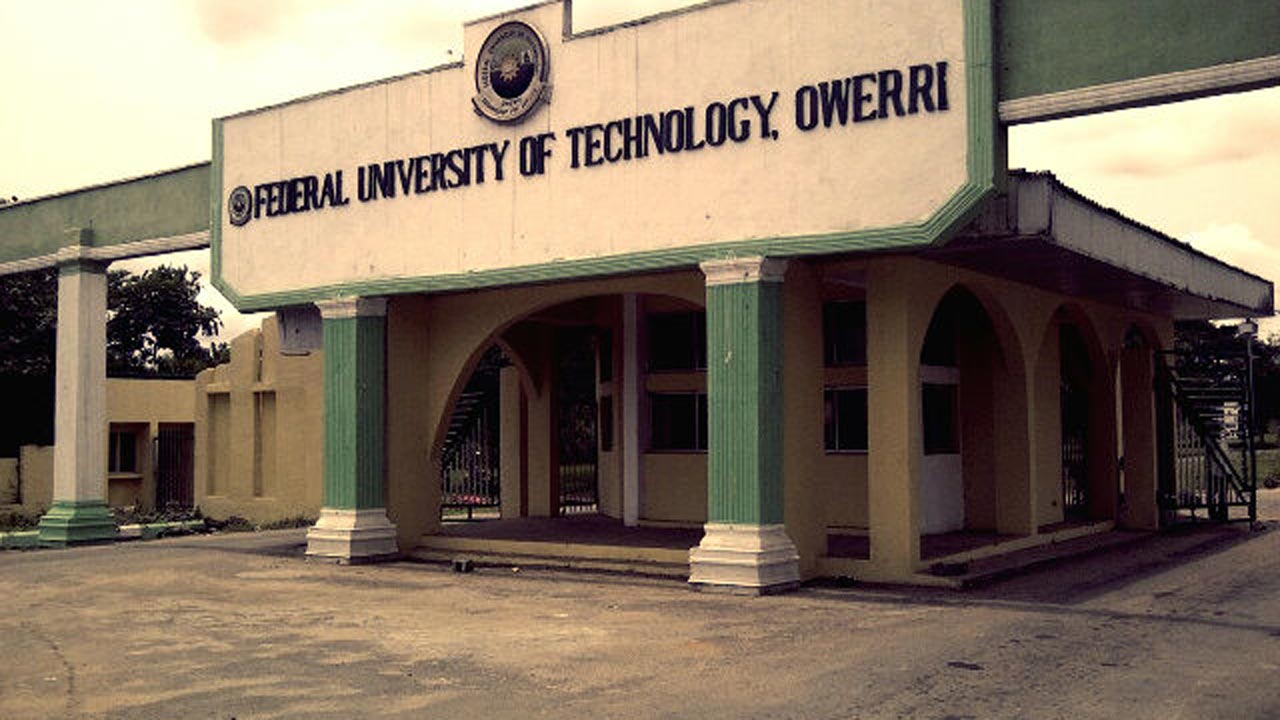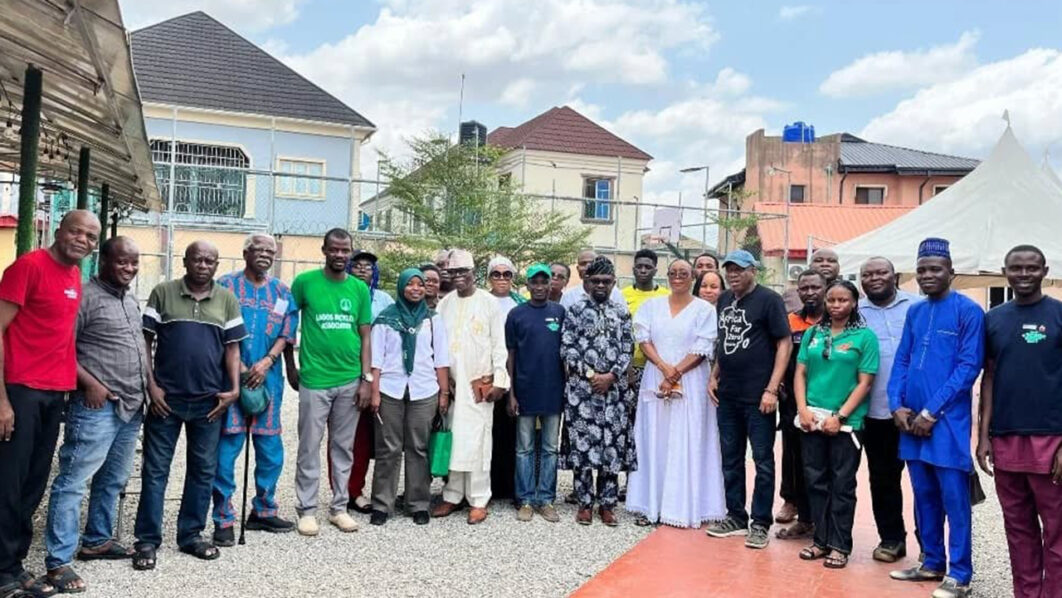
The Sustainable Research and Action for Environmental Development (SRADev Nigeria) has begun implementing a zero-waste initiative in plastic waste management in the country.
Zero-waste management is an ambitious and comprehensive approach to waste reduction that aims for waste prevention. The system emphasises redesigning resource lifecycles to encourage products reuse, repair, or recycle rather than disposal.
Under the project, the group is establishing a zero-waste academy in schools that involves training students on the concept of zero waste and the demonstration of waste management.
Four schools, namely Anthony Senior High School, Ajao Estate Junior High School, and Eko-Akete Junior & Senior High Schools, have already been selected for the pilot demonstration following consultation with the Lagos State Ministry of Education and Educational district boards.
SRADev has also partnered Oko Oba GRA Scheme 1 Housing Estate residents in Agege, Lagos, to launch the Black Soldier Fly (BSF) facility to promote effective waste management in the estate as part of activities to mark this year’s International Day of Zero Waste.
Themed “Towards Zero Waste in Fashion and Textiles,” it focuses on the urgent need to take action to reduce the waste impact from the fashion and textile sector and promote sustainability and circularity.
Executive Director of SRADev Nigeria, Dr Leslie Adogame, said the practice of separating waste materials at the point of generation is a crucial step towards achieving zero waste by enabling efficient recycling, compositing, and reuse, thereby reducing the waste destined to landfills.
Adogame explained that source waste segregation presents a practical solution for reducing waste, increasing recycling rates and promoting sustainability. It also proffers health, social and economic benefits to communities and housing estates, such as cleaner and more livable environment.
He stated that the BSF facility would help to manage the organic waste within Oko-Oba GRA Scheme 1. On this year’s theme, Adogame stated that the awareness is on how to reduce the enormous amount of clothing materials that gets to the waste site: “Those textiles that are biodegradable, you could also deploy BSF technology in such, because if they are organic in nature.”
The General Manager, Lagos State Environmental Protection Agency (LASEPA), represented by the Deputy Director, Environmental Sustainability, Mrs Oluwafunmike Adekoya, said, Lagos being a megacity with approximately 26 million inhabitants produces the largest volume of plastic waste in Nigeria, generating about 870,000 tonnes yearly, thereby confronted with a pervasive problem of plastic pollution (especially the single-use plastics including bags, bottles, straws, and packaging materials).
“The launch of the Zero Waste Project marks a significant milestone in our collective journey towards a cleaner, healthier, and more sustainable Lagos and Nigeria in general,” she said.
President, Association of Waste Pickets of Lagos (ASWOL), Mr Friday Okuh, enumerated some of the economic benefits as revenue generation from recyclable materials, job creation and reduction waste disposal cost. Chairman of Oko-Oba GRA Scheme 1 Housing Estate, Mr Richard Olawole, assured SRADev Nigeria that the estate will ensure sustainability of the project.

